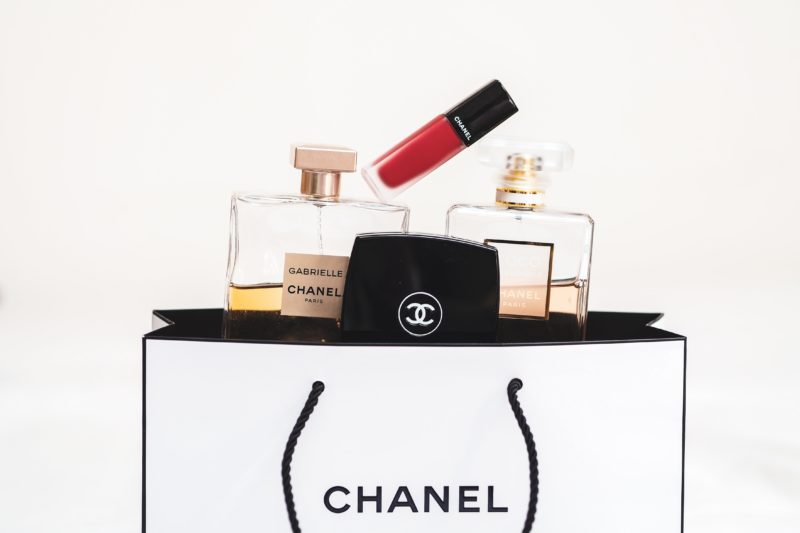Although the real Singles’ Day still has a week to go, it has been several weeks into China’s annual shopping phenomenon, with Double 11 presales kicked off on 20 October. The extended period of special offers shows an ever-fiercer competition in the landscape of e-commerce in China.
With the shopping festival coming to its 13th year, strategies platforms have been adapting and evolving around the goal to keep consumer enthusiasm alive. This year’s innovation is the application of virtual beings and the introduction of the new buzzword Metaverse, which reactivates those regular Double 11 shoppers.
Alibaba launches Metaverse Art Exhibition
The tech giant, Alibaba, revealed the Metaverse Art Exhibitions on both its e-commerce platforms Taobao and Tmall on the first day of the presale. The exhibition, in a VR mode, is presented by Alibaba’s virtual employee Ayayi, a hyper-realistic digitalised person whose appearance is much closer to a real human than other existing virtual idols.
The launch of this exhibition is believed to be a move to stay up to date with the pace of technological developments in China. Meanwhile, leveraging the beloved meta-human Ayayi who has already amassed over 510,000 followers on Weibo alone and attracted the attention of top luxury brands including Guerlain, the digital campaign caters to the growing interest in new technologies and virtual characters among young consumers.
Content-oriented livestreaming gains ground
While short-form videos have been a long-established practice adopted by online sellers, especially during this crucial digital battle, given that 88% of China’s nearly one billion netizens are short video users, brands have sought to flip their marketing strategies.
This year, rather than the traditional practice of presenting products through short videos, more brands have been cashing in on livestreaming in a bid to win over potential customers. This function allows buyers to gain more insights into products through these live sections, presented by some of the most popular KOLs.
Notably, Li Jiaqi, who also goes by the name of “Lipstick Brother” and Viya (China’s top livestreaming duo) brought about sales equivalent to nearly 20 billion yuan ($2.94 billion) during a 13-hour live broadcast on 20 October.
This record sales number also suggests that livestreaming events, enriched by content such as user experience, are gaining ground in the digital race. Whilst there will have been risks in changing sales approach, one that historically has worked since the advent of the festival, these top brands have shown once again their ability to innovate and appease a wider array of the market. As such, they have reaped the rewards as this Double 11 has hit new highs in terms of sales and positioned those braver companies better than before.
Rising star: Cause-related products
This year’s Double 11 festival also appears to be heart-warming, with initiatives and strategies towards larger social projects being implemented. E-commerce platforms like Alibaba have opted into causes including environment and common prosperity, reflected by consumers endorsing these cause-related products, as a survey supports, with 83% of Chinese consumers willing to pay bills for charitable products during this shopping festival.
Profits made from more than three million cause-related products are to be donated through Alibaba’s charity this year and these donations will be dedicated to improving families in deprived areas.
This social value will not only aid the prestige of the event itself, but naturally, the brands supporting and pushing these issues, with their social influence and ability to earn revenue being key factors behind any success to the cause-related projects.
More than 1.2 billion orders of the above cause-related products have been bought by over 230 million consumers between 20 October and 4 November. Homegrown brands have accounted for 80% of the top 100 most donated, including beauty product maker Florasis and the Li Ziqi, the brand under the name of the Chinese Internet celebrity who made her name by creating food and handcraft video content.
The preference for these products indicates conscientious and rational consumer behaviour, highlighting the attitude the Chinese population would like brands to have, namely of making the world a better place for all.
Read more:









